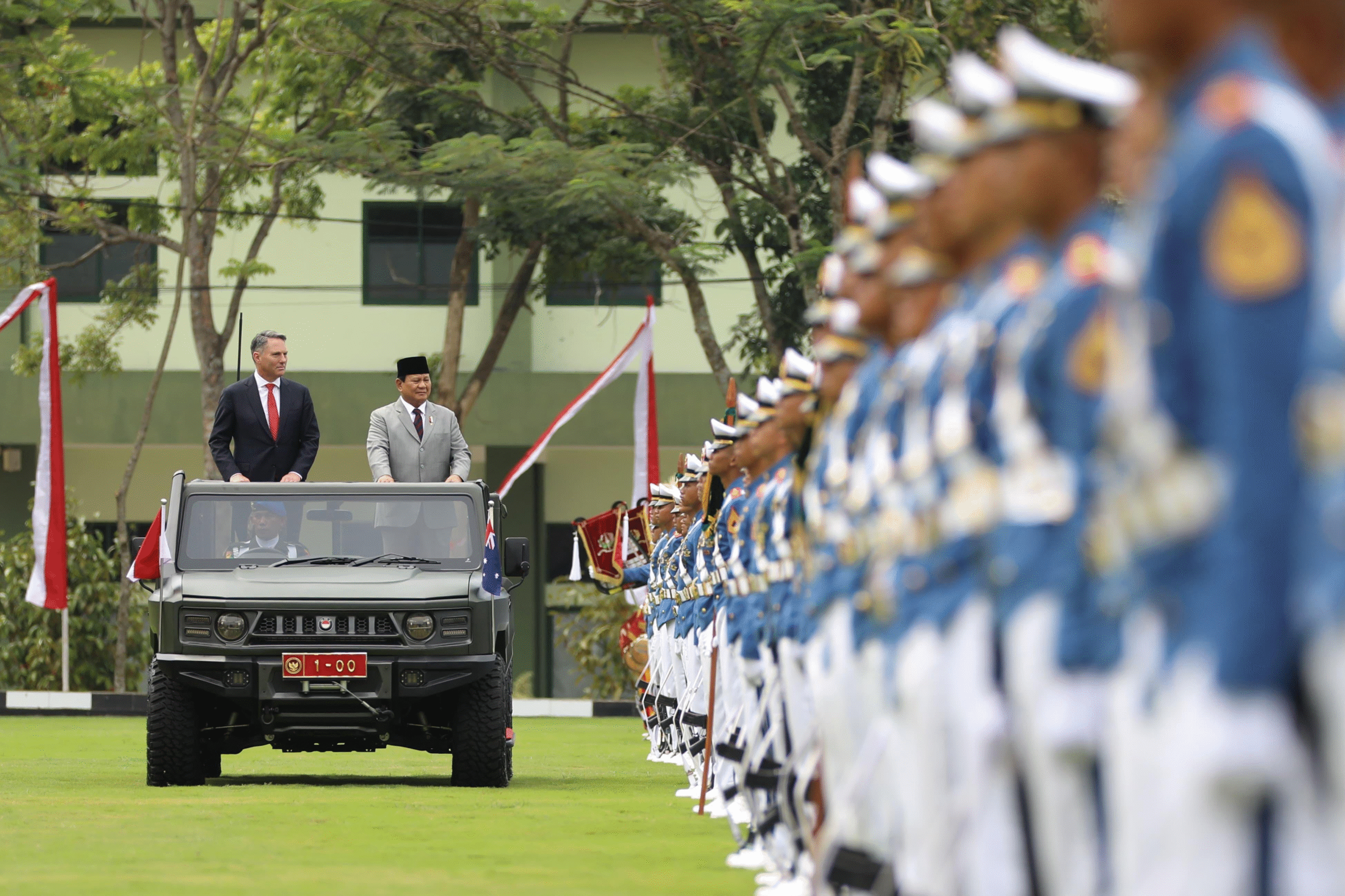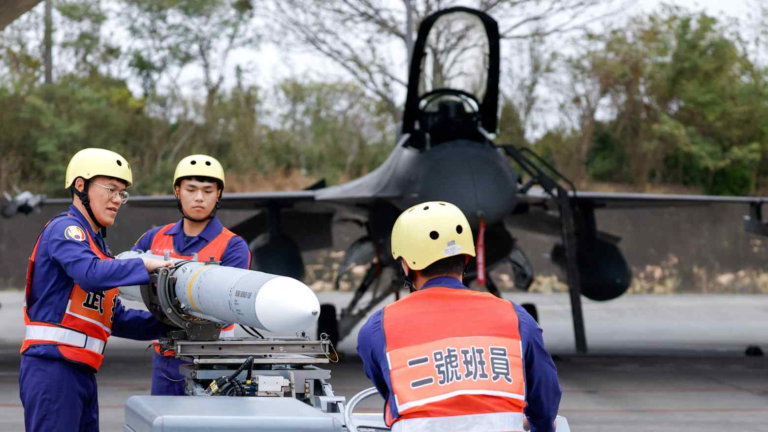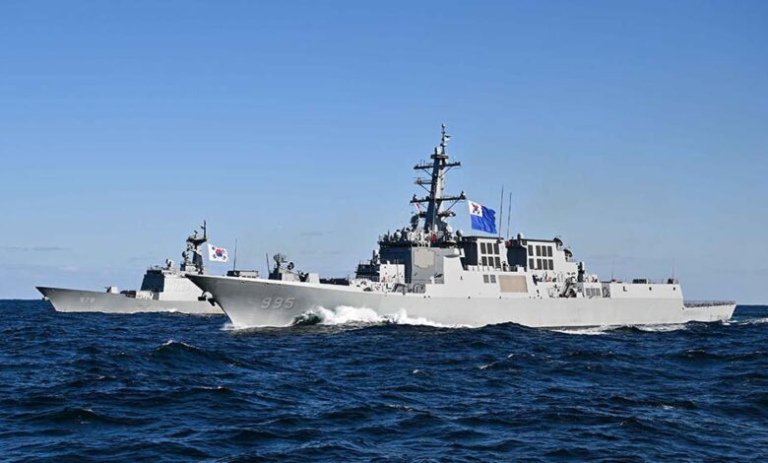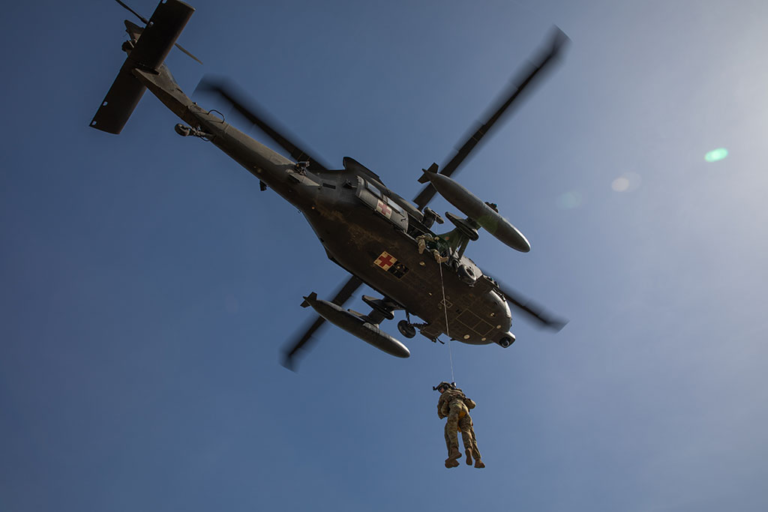
Australia and Indonesia are strengthening maritime and logistics ties as part of Indo-Pacific Endeavour 2025 (IPE25), highlighting a shift toward more structured and interoperable defense cooperation. In particular, two elements of Australia’s regional engagement initiative — Exercise Trisula Wyvern and the AUSINDO Joint Logistics Sub-Committee (JLSC) meeting — demonstrate growing alignment of strategic priorities and operational capacities.
Long grounded in defense diplomacy, the Canberra-Jakarta partnership has deepened with a focus on maritime domain awareness, cyber resilience and logistics interoperability, core elements of a joint posture capable of responding swiftly to contingencies.
IPE25 is taking place across 13 nations from July to December. “This year’s IPE activities focus on practical cooperation, particularly in maritime enforcement and disaster response, which are critical for regional resilience,” Vice Adm. Justin Jones, the Australian Defence Force’s (ADF) joint operations chief, said in a news release.
Australian Army Brig. Jennifer Harris, commander of IPE25, said the annual initiative fosters “lasting connections through training, cultural exchange, and shared experiences.”
The bilateral Trisula Wyvern in July, which involves special forces personnel, “is a significant moment in the long history of military diplomacy and international cooperation” of the Indonesian Armed Forces (TNI), said Brig. Yudha Airlangga, commander of the TNI’s Special Operations Command, known as Koopssus.
TNI troops also are among the more than 30,000 personnel from 19 nations conducting all-domain drills during exercise Talisman Sabre in Australia in July and August 2025.
While such engagements sharpen combat readiness, the JLSC meeting in Jakarta in mid-June 2025 underscored the push for logistics interoperability. Maj. Gen. Carla Watts, the ADF’s joint logistics commander, and Maj. Gen. Candra Wijaya, logistics assistant to the TNI commander, discussed standards, coordination and information sharing. The approach reflects the vision encapsulated in the Indonesia-Australia Comprehensive Strategic Partnership 2025-2029, which promotes mutual port visits, safe and reliable maritime trade, and cyber-military integration.
“Maritime security and joint logistics planning are two mutually reinforcing strategic pillars,” Indonesian defense analyst Beni Sukadis told FORUM. “Joint logistics planning ensures that joint operations can be conducted sustainably, efficiently and quickly, especially in emergencies.”
Given Australia’s expertise and Indonesia’s needs, maritime logistics and port infrastructure could be areas “of learning and collaboration,” particularly for Indonesia’s Maritime Security Agency, Dr. Jelang Ramadhan of the University of Indonesia told FORUM. With more than 13,000 islands scattered across a vast area, Indonesia is bolstering its maritime infrastructure and resources.
“Logistics interoperability is needed in handling operations in emergency situations so that preparedness and rapid response to contingencies can be implemented,” Pudji Astuti, an analyst with Indonesia’s Defense Ministry, told FORUM.
Operational coordination already has yielded results. Marcellus Hakeng Jayawibawa, a defense analyst at the Jakarta-based Lemhannas Strategic Center, cited the nations’ joint maritime patrols in the Arafura Sea, crediting their success to improved data-sharing.
“The Joint Maritime Domain Awareness project has even improved surveillance capabilities in hot spots,” he told FORUM. “This success confirms that the ability to share data and coordinate responses on the ground is key.”





